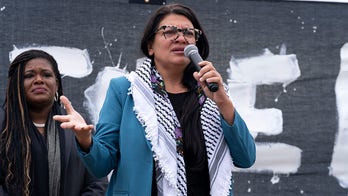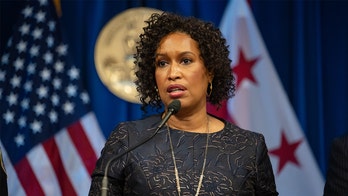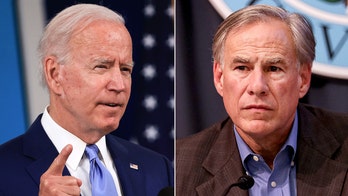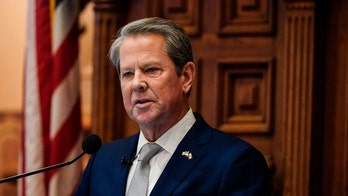Capitol Hill Republicans say the GOP members of a deficit "Super Committee" are showing flexibility on revenue hikes as the panel heads closer to its Thanksgiving deadline.
GOP aides said Tuesday that among the options floated by Republicans is one that would place limits on the total amount of tax deductions and credits that individuals could claim, in exchange for lower income tax rates. The tradeoff could net hundreds of billions of dollars for the Treasury over the coming decade.
The idea, discussed by Pennsylvania GOP Sen. Pat Toomey in talks with Montana Democratic Sen. Max Baucus, is but one of many options on the table. It's similar in concept to a proposal put forward last summer in negotiations between House Speaker John Boehner, R-Ohio and President Barack Obama, who discussed a complete overhaul of the tax code that would have garnered some $800 billion in new revenue over a decade.
GOP aides said that Republican members of the debt panel, which is charged with producing legislation to cut $1.2 trillion from the deficit over the coming decade, have yet to unite behind a single idea. But the simple fact that Toomey, a tea party favorite elected last year, was willing to entertain higher tax revenues, was a noteworthy break from an earlier GOP proposal forwarded two weeks ago that assumed revenue would come from non-tax sources like Medicare premiums and economic growth spurred by a simplified tax code.
"We've made a little bit of progress but it's not enough in our judgment," said Sen. John Kerry, D-Mass., a member of the deficit panel. "We have some distance to go."
Republicans are asking a high price -- cuts to important benefit programs like Medicare and Medicaid -- in exchange for potential revenue hikes. And they are pressing for other GOP priorities such as opening the Arctic National Wildlife Refuge in Alaska to oil and gas drilling as well, a Democratic aide said.
"The definition of revenues is a concern," added Sen. Patty Murray, D-Wash., the panel's co-chair.
The aides required anonymity because they were not authorized to speak publicly about the negotiations.




